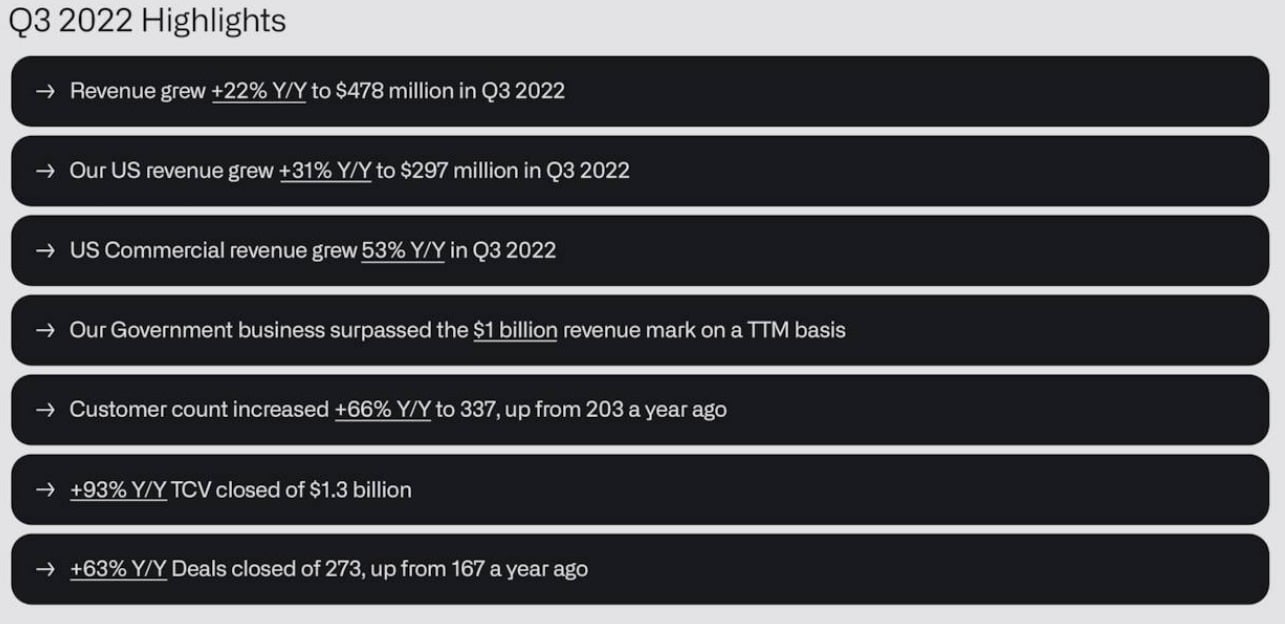Dangote Refinery And NNPC's Petrol Pricing Strategy: An Analysis

Table of Contents
The Current NNPC Petrol Pricing Mechanism
Nigeria's petrol pricing history has been a complex interplay of subsidies, deregulation attempts, and NNPC's role as the primary supplier. For years, the government subsidized petrol prices, leading to significant financial burdens on the national budget. This system, while keeping prices artificially low for consumers, created inefficiencies and encouraged smuggling.
-
History of Petrol Subsidies: Subsidies, intended to cushion consumers from global price fluctuations, often led to corruption and unsustainable fiscal pressures. The cost of fuel subsidies has consistently been a major drain on Nigeria's public funds, diverting resources from crucial sectors like healthcare and education.
-
Challenges of Price Deregulation: Attempts at price deregulation have faced significant resistance, as sudden price increases often spark public unrest. The delicate balance between stabilizing prices and ensuring market efficiency has been a persistent challenge for policymakers.
-
NNPC's Role in Price Stability: The NNPC, as the nation's leading oil and gas company, plays a critical role in ensuring the supply and price stability of petrol. It imports a significant portion of the country's petrol needs, impacting the pricing mechanism.
-
Relevant Government Policies: Government policies, including import tariffs and regulations, directly influence petrol prices. Changes in these policies, often in response to economic pressures or political considerations, can significantly affect the overall pricing structure.
The Dangote Refinery's Potential Impact on Petrol Prices
The Dangote Refinery, with its massive refining capacity, holds the potential to drastically alter Nigeria's petrol pricing dynamics. Increased local refining capability could significantly reduce the nation's reliance on imported petroleum products.
-
Reduced Reliance on Imports: By significantly increasing domestic refining capacity, Nigeria can reduce its dependence on imported petrol, lessening vulnerability to global price shocks and fluctuations in the international market.
-
Impact on Foreign Exchange Reserves: Lower import bills will positively impact Nigeria's foreign exchange reserves, easing pressure on the Naira and potentially stabilizing the national currency.
-
Price Competition: The entry of the Dangote Refinery into the market is expected to introduce healthy competition, potentially driving down petrol prices for consumers as different suppliers vie for market share.
-
Market Forces: The increased refining capacity could facilitate a more market-driven pricing mechanism, allowing prices to better reflect supply and demand, although government intervention and regulation will likely remain a significant factor.
Challenges and Risks Associated with the New Dynamics
While the potential benefits are substantial, achieving lower petrol prices post-Dangote Refinery isn't without its challenges. Several factors could hinder the expected price reductions.
-
Distribution and Logistics Bottlenecks: Efficient distribution networks are essential for delivering refined petrol across the country. Bottlenecks in logistics could limit the impact of increased refining capacity on consumer prices.
-
Refinery Operational Challenges: Unexpected operational challenges at the Dangote Refinery, such as equipment malfunctions or unforeseen technical issues, could affect output and impact price stability.
-
Government Regulation and Policy Inconsistencies: Inconsistent or poorly implemented government regulations could undermine the intended benefits of increased local refining capacity and negatively affect price stability.
-
Global Crude Oil Prices: The global price of crude oil remains a major determinant of petrol prices. Even with increased local refining, fluctuations in global crude prices will still influence the final cost to consumers.
The Future of Petrol Pricing in Nigeria
The future of petrol pricing in Nigeria hinges on the successful integration of the Dangote Refinery and the continued evolution of NNPC's strategy. Several scenarios are possible, depending on various factors.
-
Potential Price Ranges: Depending on market dynamics, global crude oil prices, and operational efficiency, petrol prices could range from significantly lower than current levels to only marginally reduced prices.
-
Increased Price Stability: Increased local refining capacity has the potential to reduce price volatility, making petrol prices less susceptible to sharp fluctuations caused by international market conditions.
-
Long-Term Implications for Economic Growth: Lower and more stable petrol prices could stimulate economic growth by reducing the cost of transportation and production for businesses across various sectors. This positive effect will, however, depend on other macro-economic factors and the effectiveness of government policies.
-
Ongoing Government Oversight: Effective government oversight and policy adjustments will be crucial in ensuring a fair and competitive market, preventing monopolies and protecting consumer interests.
Conclusion
The Dangote Refinery's launch marks a significant turning point in Nigeria's petrol pricing landscape. While the potential for lower prices and increased price stability is substantial, several challenges remain. Successfully navigating these challenges requires a proactive approach from both the NNPC and the Nigerian government, ensuring transparent and effective regulatory frameworks. Further analysis of the Dangote Refinery and NNPC's petrol pricing strategy is crucial for ensuring a stable and beneficial outcome for the Nigerian economy and its citizens. Understanding the interplay between these two powerful forces is vital for predicting and managing future petrol prices in Nigeria. Continued monitoring of the Dangote Refinery and NNPC's petrol pricing strategy is therefore essential.

Featured Posts
-
 Analyzing The 40 Palantir Stock Price Prediction For 2025 A Detailed Guide
May 10, 2025
Analyzing The 40 Palantir Stock Price Prediction For 2025 A Detailed Guide
May 10, 2025 -
 Tarykh Altdkhyn Byn Njwm Krt Alqdm
May 10, 2025
Tarykh Altdkhyn Byn Njwm Krt Alqdm
May 10, 2025 -
 Community Activist Proposes Live Uterus Transplants For Transgender Mothers
May 10, 2025
Community Activist Proposes Live Uterus Transplants For Transgender Mothers
May 10, 2025 -
 Is Benson Boone Copying Harry Styles The Singer Responds
May 10, 2025
Is Benson Boone Copying Harry Styles The Singer Responds
May 10, 2025 -
 Hl Altdkhyn Athr Ela Msyrt Ashhr Laeby Krt Alqdm
May 10, 2025
Hl Altdkhyn Athr Ela Msyrt Ashhr Laeby Krt Alqdm
May 10, 2025
